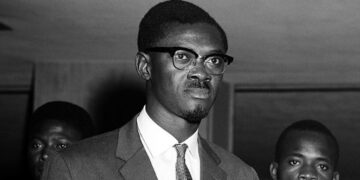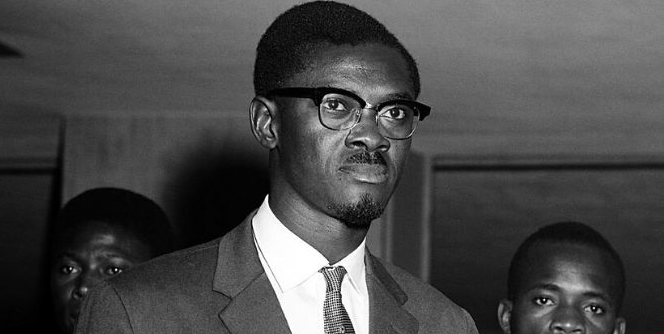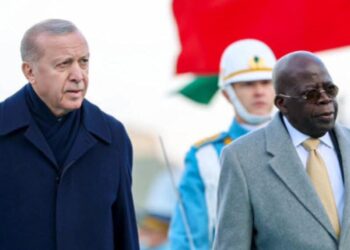Belgian prosecutors are moving to put 92-year-old former diplomat Etienne Davignon on trial for his alleged involvement in the 1961 killing of Congolese independence leader Patrice Lumumba, marking a historic step in a decades-long quest for justice.
Davignon, who was a trainee diplomat at the time, is accused of complicity in Lumumba’s unlawful detention and transfer, as well as his humiliating and degrading treatment before his execution. He is the last surviving Belgian official among ten originally accused of involvement in the murder. While Davignon has previously denied wrongdoing, prosecutors argue he played a role in the events leading to Lumumba’s death.
Lumumba, Congo’s first democratically elected prime minister after independence from Belgium in 1960, was ousted in a coup, tortured, and executed by a firing squad in January 1961, with Belgian and US complicity long suspected. His body was dissolved in acid, but a gold-crowned tooth was kept as a trophy by a Belgian police officer. Belgium returned the tooth to Lumumba’s family in 2022 after years of pressure.
A 2001 parliamentary inquiry concluded Belgium bore “moral responsibility” for Lumumba’s assassination, leading to an official apology in 2002. However, no individuals were prosecuted—until now.
Juliana Lumumba, his daughter, welcomed the development, telling RTBF, “We’re moving in the right direction. What we’re seeking is, first and foremost, the truth.”
A Belgian magistrate will decide by January 2026 whether Davignon should stand trial. If prosecuted, it would be the first criminal case directly tied to Lumumba’s killing, potentially forcing Belgium to confront its colonial past more fully.
Lumumba’s assassination was a pivotal moment in African history, destabilizing Congo and paving the way for Mobutu Sese Seko’s dictatorship. A trial could provide long-denied accountability, expose deeper foreign involvement including possible US and Belgian covert operations, and set a precedent for colonial-era justice.
More than 60 years later, Lumumba remains a symbol of anti-colonial resistance, and this case could finally bring some measure of justice for one of Africa’s most tragic political murders.



































